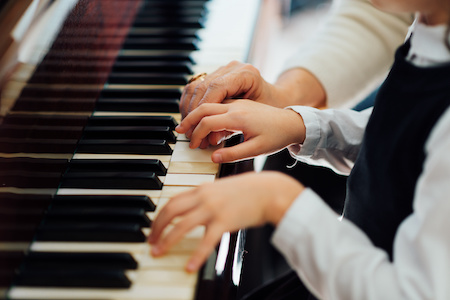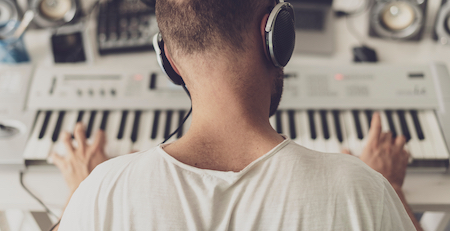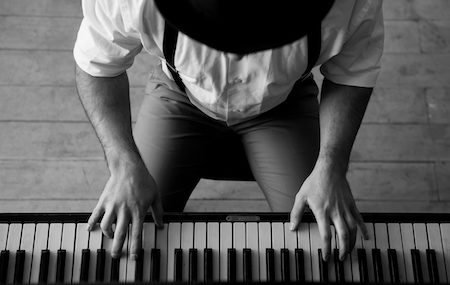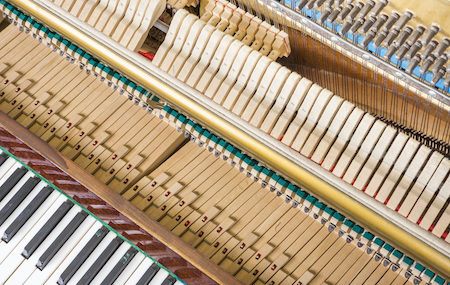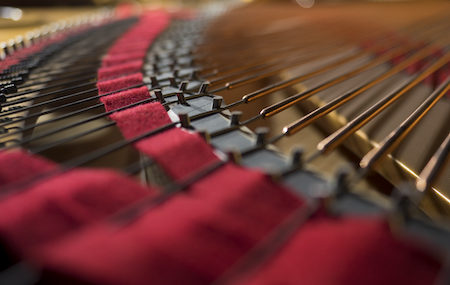Some things you buy as a part of daily living. You might spend a moment considering two brands of toothpaste. You might contemplate which brand of appliances to buy when remodeling your kitchen.
But it’s different when buying a piano. This isn’t a simple purchase that will remain in the background once it’s in place. Instead, your piano purchase will be the start of your experience. Will it provide beautiful music? Will it motivate you to continue? Will it offer you the ability to become the musician you desire to be?
Whether you’re a seasoned pianist or just starting out, choosing the right piano is a decision that should align with your desires and expectations.
A Desirable Piano Gives You a Reason to Play
Imagine coming home after a long day at work or school, and there’s a piano sitting in your living room that beckons you to play. The sight of a beautiful, well-crafted piano can be incredibly motivating. It’s like having a piece of art that you can interact with. When you’re passionate about the instrument you own, you’re more likely to practice and improve your skills.
Your desires and preferences play a significant role in choosing the right piano. Do you prefer the classic elegance of an acoustic piano or the convenience of a digital one? Do you want a grand piano that makes a statement or a compact upright piano for limited space? Your piano should reflect your taste and inspire you to create beautiful music.
What It Means to Learn on a Stable Instrument
Learning to play the piano is a journey that requires dedication and consistency. One of the most important factors that can impact your progress is the stability of the instrument you’re learning on. A stable piano provides consistent touch and response, allowing you to develop proper technique and muscle memory.
You’re more likely to stay committed to your musical journey when you practice on an instrument that matches your desires. The tactile experience of playing a piano that feels right in your hands enhances your learning process and makes practicing a pleasure, not a chore.
Quality Sound Means More Enjoyable Playing
The sound of a piano is at the heart of the music-making experience. A high-quality piano produces rich, resonant tones that captivate both the player and the audience. It’s not just about the notes you play; it’s about the emotion and expression you can convey through your music.
Investing in a piano that aligns with your desires for sound quality unlocks a world of musical possibilities. Whether you’re into classical compositions, jazz improvisations, or modern pop songs, the right piano can bring your music to life in a deeply satisfying way.
Warranties Ensure Full Coverage
When you make a significant investment in a piano, you want peace of mind that your purchase is protected. That’s where warranties come in. A reputable piano dealer will offer warranties that cover various aspects of your piano, from structural components to technical issues.
Having a warranty means that if something unexpected happens to your piano, you won’t have to bear the total cost of repairs. This safeguards your investment and ensures that your piano remains in optimal condition for years to come. So, when you’re shopping for a piano, be sure to inquire about the warranty options available.
Piano Purchase Experience Is Better with a High-Quality Professional Dealer
The piano purchase experience should be as enjoyable as playing the instrument itself. This is where the choice of a professional dealer comes into play. A reputable dealer not only offers a wide selection of pianos but also provides expert guidance and customer support.
When you work with a high-quality professional dealer, you can trust that you’re getting an instrument that matches your desires and expectations. They can help you explore different piano brands, models, and features, guiding you toward the perfect choice. Additionally, their expertise ensures that you make an informed decision, considering factors like your budget, space, and musical goals.
Is a piano in your future?
Your piano purchase experience should be a reflection of your desires and aspirations as a musician. Take your time, explore your options, and choose a piano that resonates with your musical soul. When you do, your piano will become not just an instrument but a cherished companion on your musical journey.

